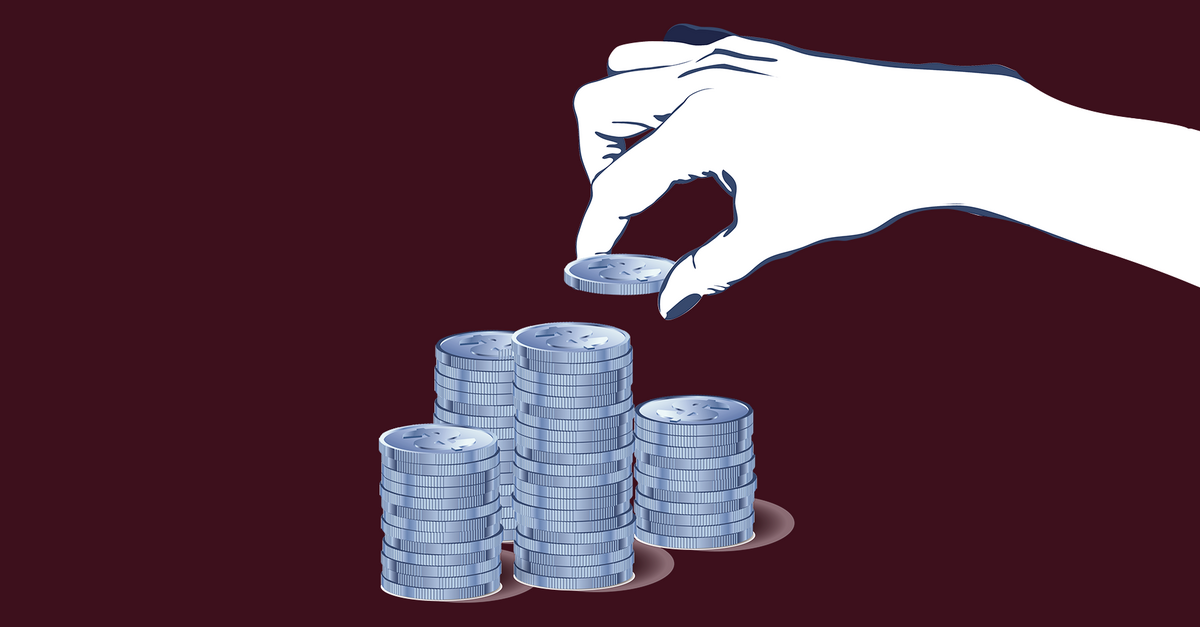germaphobian
Well-known member
It's interesting to see how people on the left are starting to really appreciate some aspects if Hayek's and Friedman's work. I've been seeing it quite a bit in the last few years. I mean, I remember the time when they used to be regarded as Satan incarnated and whenever any problems had to be explained people would just yell something like "deregulation", "outsourcing", "neoliberalism" or wichever of those magic, catch-all buzzwords. And it was largely due to one really, really bad and harmful book - The Shock Doctrine by Naomi Klein - which turned whole generation into drooling, unthinking simpletons. Effects of that book cannot be underestimated, because it dosen't matter if you read it or not, it seeped into every fiber of left's discourse. So every problem was explained in a very simple way, which goes something like this - "every bad thing that has happened since the WW2 is because of the evil theories of Milton Friedman (under the influence of Hayek and big Alpha Daddy Smith) and if not for those Russia would have become a beacon of democracy after collapse of USSR, much of Latin America would be a left wing paradise and Middle East would be a place of peace-loving hippies"; I'm not even simplifying much, that was the gist of the book stretched out over few hundred pages; Milton Friedman as the evil puppet master pulling all the strings behind the world affairs (like Soros is for the right). Now most thinking people are ashamed of that book, deny having read it, deny its influence and so on, but it was huge, fucking huge, lives in everyone's mind to some extent. Times really are changing.

